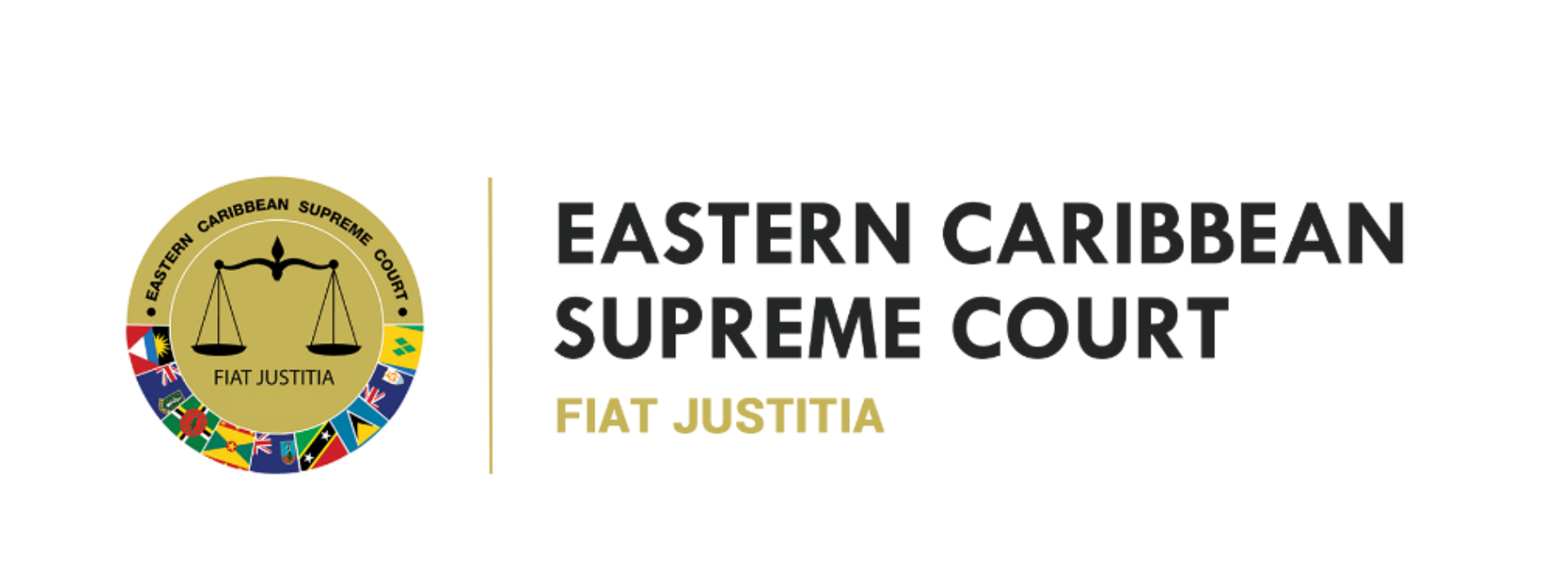Eastern Caribbean Supreme Court Judicial Officers Participated in Historic ECLAC Consultation
ECSC - an Institution of the OECS
The Economic Commission for Latin America and the Caribbean (ECLAC) in conjunction with the Department of Sustainable Development, Government of Saint Lucia hosted a virtual consultation with members of the Judiciary of the Eastern Caribbean Supreme Court on Tuesday 28th July 2020 from 2.00-5.00 p.m.
The purpose of the consultation was to raise awareness among the Judiciary about the Regional Agreement on Access to Information, Public Participation and Justice in Environmental Matters in Latin America and the Caribbean also known as “The Escazú Agreement”. The facilitators of the consultation reviewed Saint Lucia’s internal framework in the context of the Escazú Agreement to support the ratification process and sought the views of the Judiciary on the Agreement and its implementation in Saint Lucia.
The Escazú Agreement was opened for signature on 27th September 2018 at United Nations headquarters in New York, coinciding with the Annual General Debate of the United Nations General Assembly. Saint Lucia became one of the first countries to sign the Agreement and is currently engaged in the ratification process. The Agreement seeks to provide all persons with enforceable environmental access rights namely, rights to access environmental information; public participation in the environmental decision-making process; and access to justice in circumstances where those rights are infringed.
As the Judiciary is charged with the responsibility of interpreting the law, its participation was critical. Input from Judicial Officers provided insight into issues such as legal standing, costs of legal representation and the development of procedures, legislation and institutional frameworks to support implementation of the Agreement. Additionally, members of the Judiciary provided the facilitators with suggestions regarding the provisions of the Agreement.
The Hon. Chief Justice, Dame Janice M. Pereira, DBE, LL.D, wishes to thank members of the local organising committee for engaging the participation of the Judiciary as Her Ladyship considers meaningful consultation with key stakeholders to be the cornerstone of informed decision-making and good governance. Additionally, Her Ladyship believes that regional and international agreements such as the Escazú Agreement is essential in building a cohesive vision for the future, providing rights of access to environmental information, public participation in the environmental decision-making process and access to justice in environmental matters. These are all important factors that will contribute to the protection of the right of every person of present and future generations to live in a healthy and sustainable environment.
Please visit www.eccourts.org for new updates, notices and for keeping abreast with judgments delivered by the Court.
About the Eastern Caribbean Supreme Court:
The Eastern Caribbean Supreme Court (ECSC) was established in 1967 by the West Indies Associated States Supreme Court Order No. 223 of 1967. The ECSC is a superior court of record for the Organisation of Eastern Caribbean States (OECS), including six Independent States: Antigua and Barbuda, the Commonwealth of Dominica, Grenada, St. Kitts and Nevis, Saint Lucia, St. Vincent and the Grenadines; and three British Overseas Territories: Anguilla, The Virgin Islands, and Montserrat. The Court has unlimited jurisdiction in each Member State and Territory.
